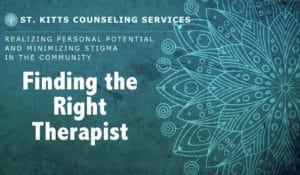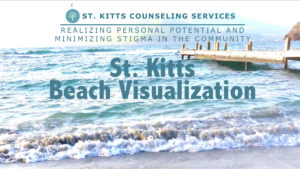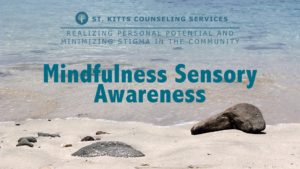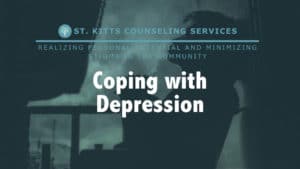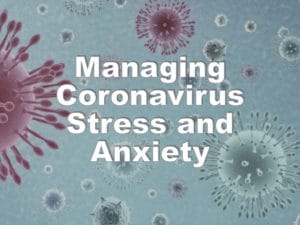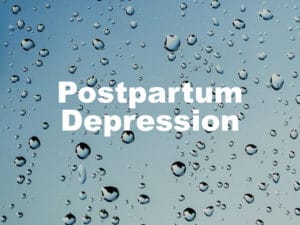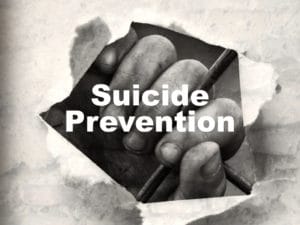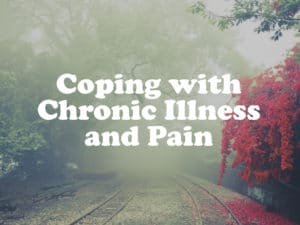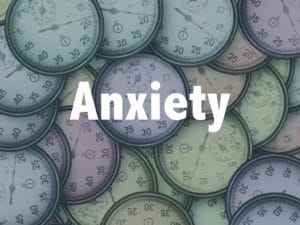Dr. Pereira of St. Kitts Counseling Services has over ten years of experience working with trauma survivors, and is specially trained to provide one of the most effective treatments for trauma recovery: trauma-focused cognitive behavioral treatment. Watch, or continue reading, to understand ways trauma can impact somebody, learn strategies to cope with trauma, and learn how to find the right therapist.
What is Trauma?
Trauma involves exposure to actual or threatened death, serious injury, or sexual violence by:
- directly experiencing a traumatic event
- witnessing the event occurring to somebody else
- learning that the event happened to a close friend or family member
- or otherwise being exposed to repeated or extreme details of the traumatic event
Posttraumatic stress disorder (PTSD)
Although most people will have difficulty immediately after a trauma (bad dreams, feeling numb, fear, repeated thoughts about the trauma), this generally gets better in a couple of days or weeks.
When these experiences don’t get better (or even get worse) and last longer than a month, a person may be experiencing posttraumatic stress disorder (PTSD).
PTSD symptoms fall into four clusters. Although PTSD does not look the same in everybody, here are some common signs of PTSD:
Re-experiencing the traumatic event
Distressing memories or dreams of the trauma, feeling as if the trauma is happening again, and strong emotional reactions to reminders of the trauma
Avoidance of things that remind you of the trauma
Avoiding the memories, thoughts, feelings, and avoiding people, places, conversations, or activities
Negative changes in thoughts and mood
Exaggerated negative beliefs about yourself, others, the world; reoccurring fear, horror, anger, guilt, shame; deceased interest in activities; feeling detached from others; and difficulty feeling positive emotions like happiness
Hyperarousal
Having your senses on high alert, sleep problems, irritability, being easily startled, and difficulty concentrating
What you can do to feel better
Although recovering from PTSD can take time, there are many things you can do to feel better.
Get information
Seek information about PTSD
Relax
Practice relaxation exercises like deep abdominal breathing, meditation, yoga, and massage
Get support
Talk with a trusted friend
Postive People
Spend time with positive people
Move
Participate in outdoor activities
Self-talk
Remind yourself of your strength and coping skills
Diet
Eat healthy foods
Sleep
Aim to sleep for 7-9 hours each night
Alcohol and drugs
Avoid alcohol and drugs, as these are likely to increase your difficulties
Speak with your health care provider
Health care providers can work with you to find the right treatment for your needs, and can also refer you to a mental health provider.
Speak with a mental health care provider
Schedule an appointment with a mental health care provider who uses evidence-based therapies in the treatment of PTSD.
Get help early
When these strategies aren’t working, it may be time to ask for support from an experienced trauma therapist.
Although it may seem easier to avoid dealing with the trauma, this is not likely to work, and your PTSD may become worse with time.
Finding the right therapist
Not all therapies work equally well, and some can actually be harmful. Trauma therapy is a highly specialized form of mental health treatment that should only be conducted by a therapist specially trained in the treatment of trauma. Trauma-focused cognitive-behavioral treatment is one of the most effective treatments for PTSD.
In trauma-focussed cognitive behavioral therapy, you work with a trained trauma therapist to gradually expose yourself to feelings and situations that have become fearful, and learn to think about yourself, others and the world in a more balanced way.
Sharing information with loved ones in family therapy can be helpful so that your loved ones can help you cope. Family therapy can also help address difficulties that may be occurring in these relationships.
Medication can help with secondary difficulties related to depression, anxiety and sleep problems that may have developed after the trauma, but medication alone is not likely to fully heal trauma-related difficulties.
Contact Dr. Pereira
Contact Dr. Pereira at (869) 668-4646 to discuss your difficulties or to schedule an appointment. Call today to get started feeling better.

